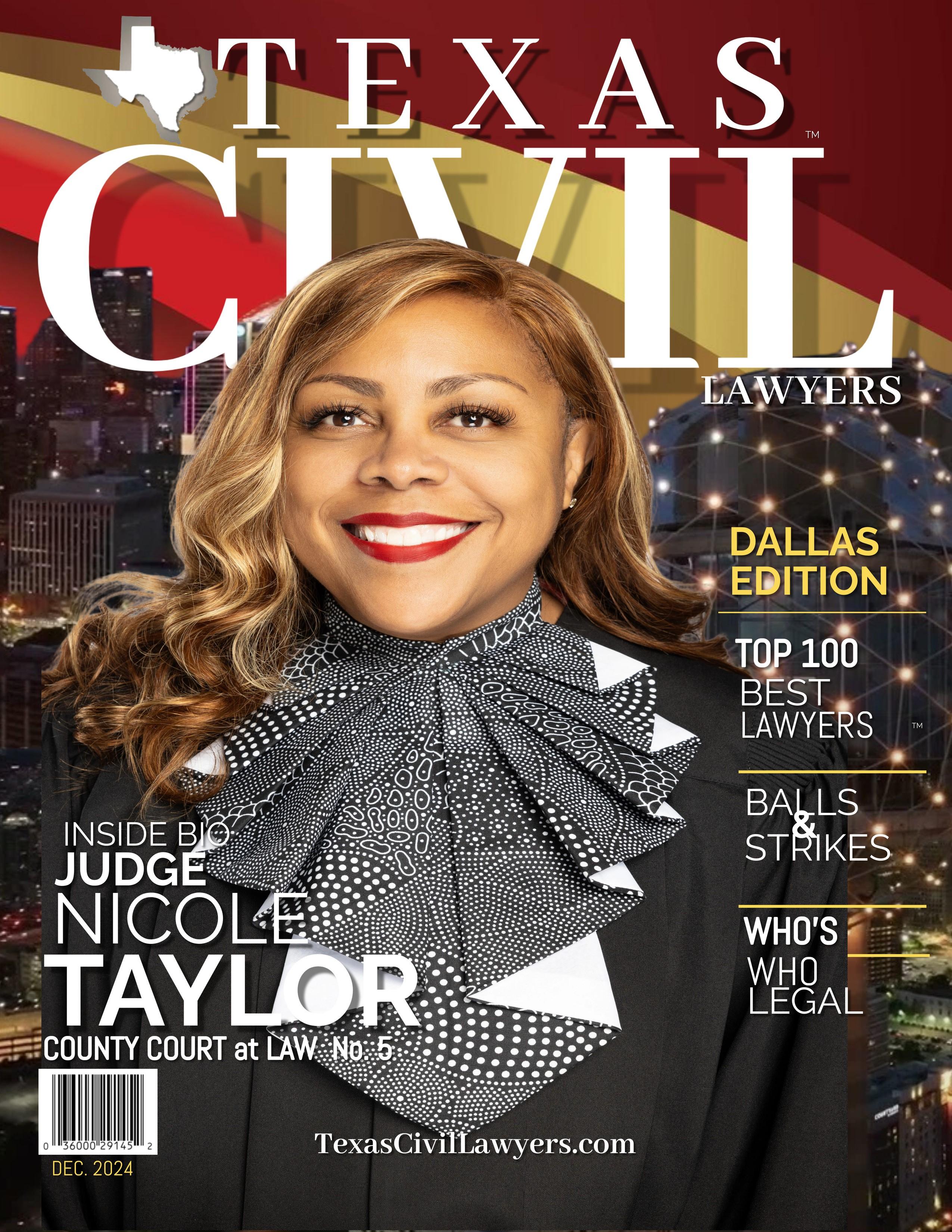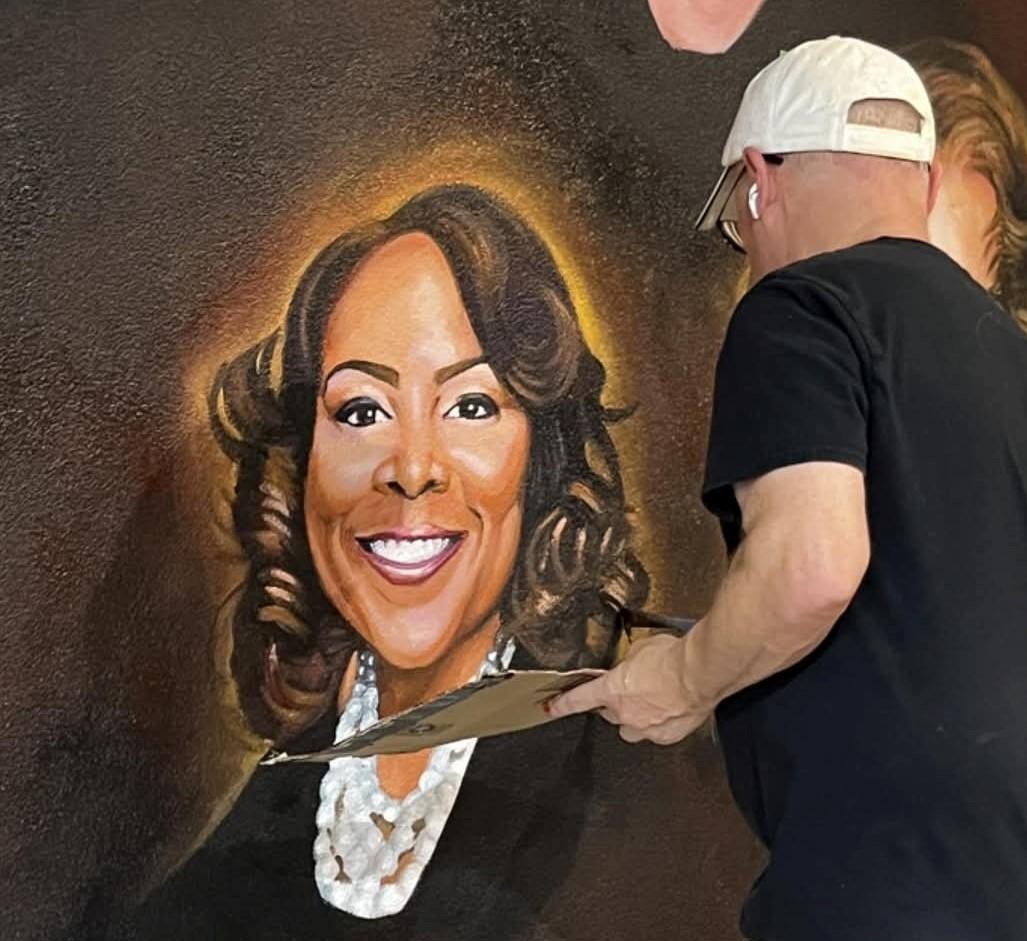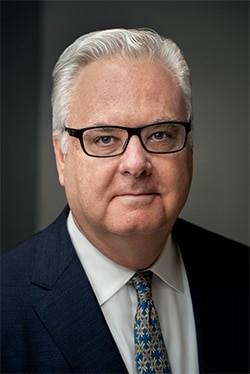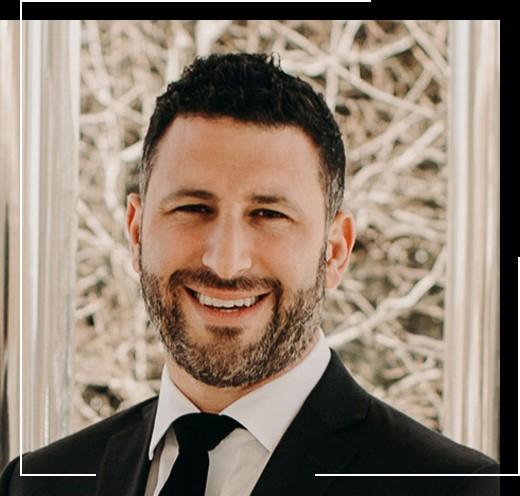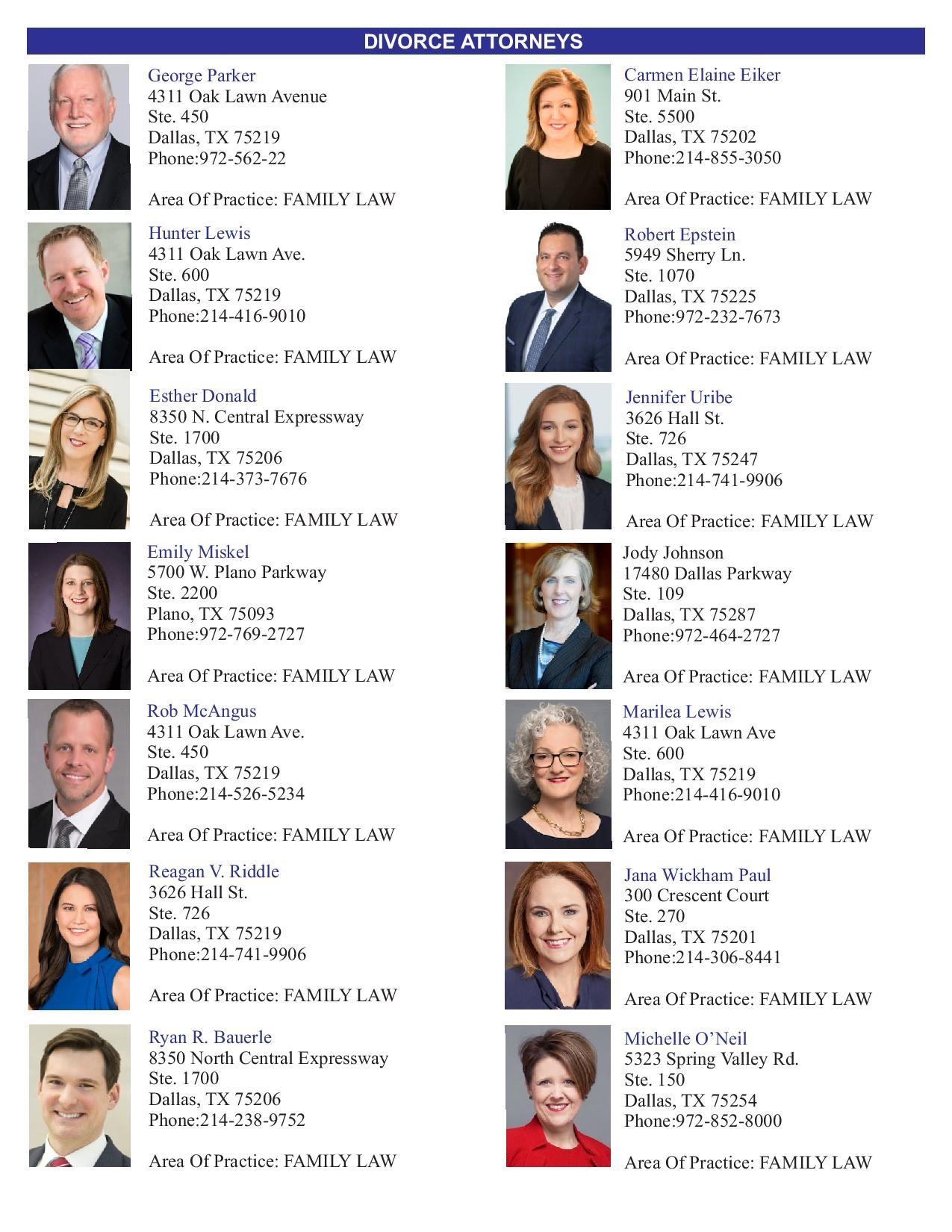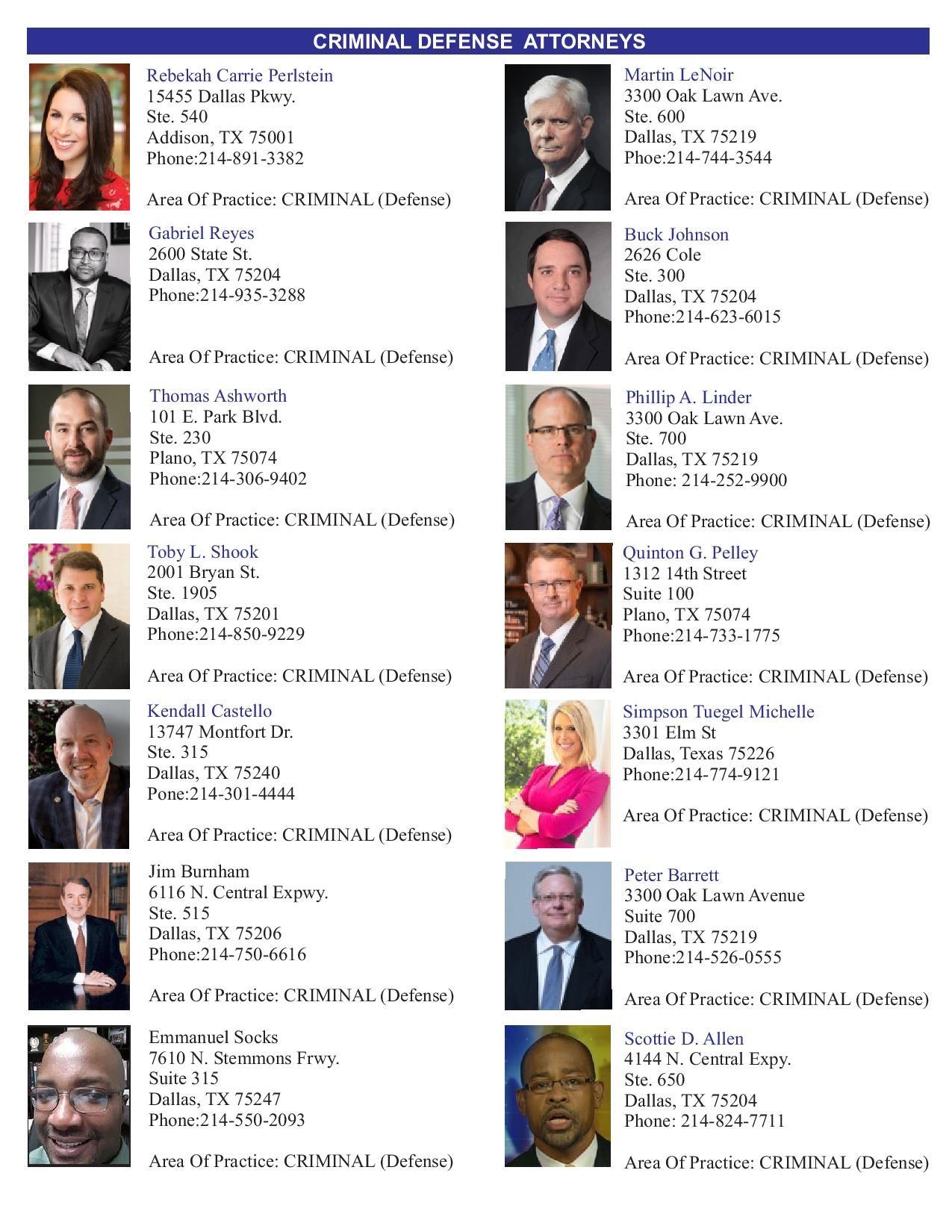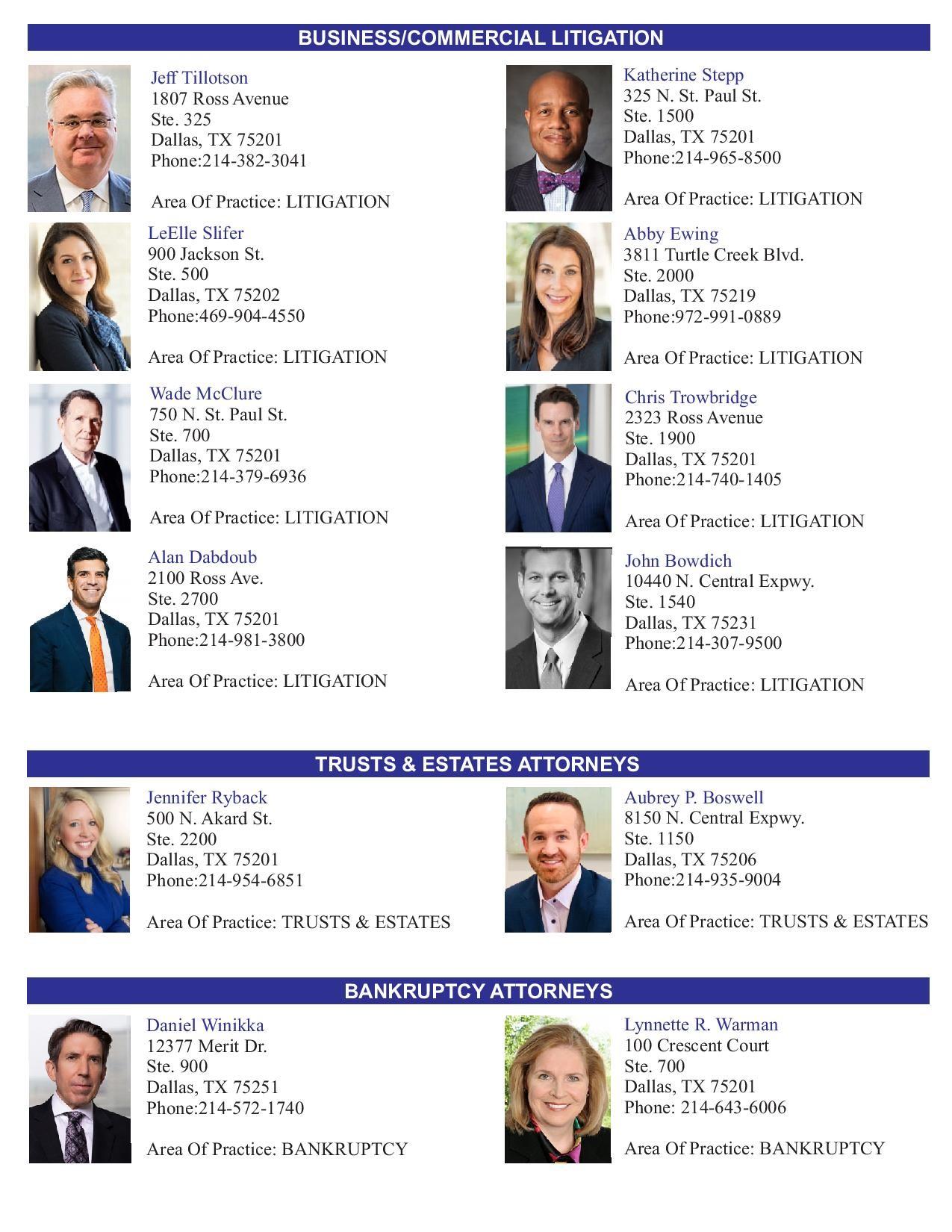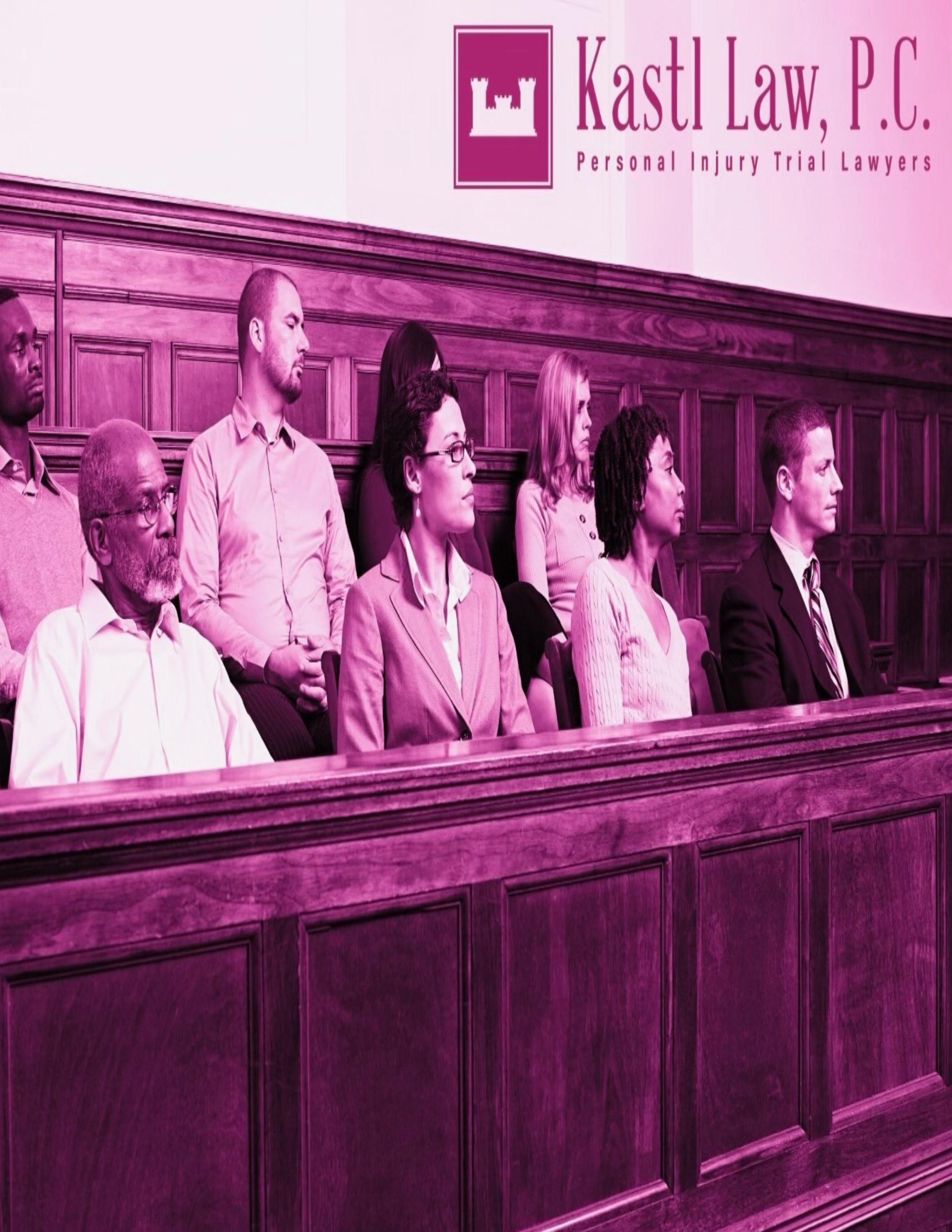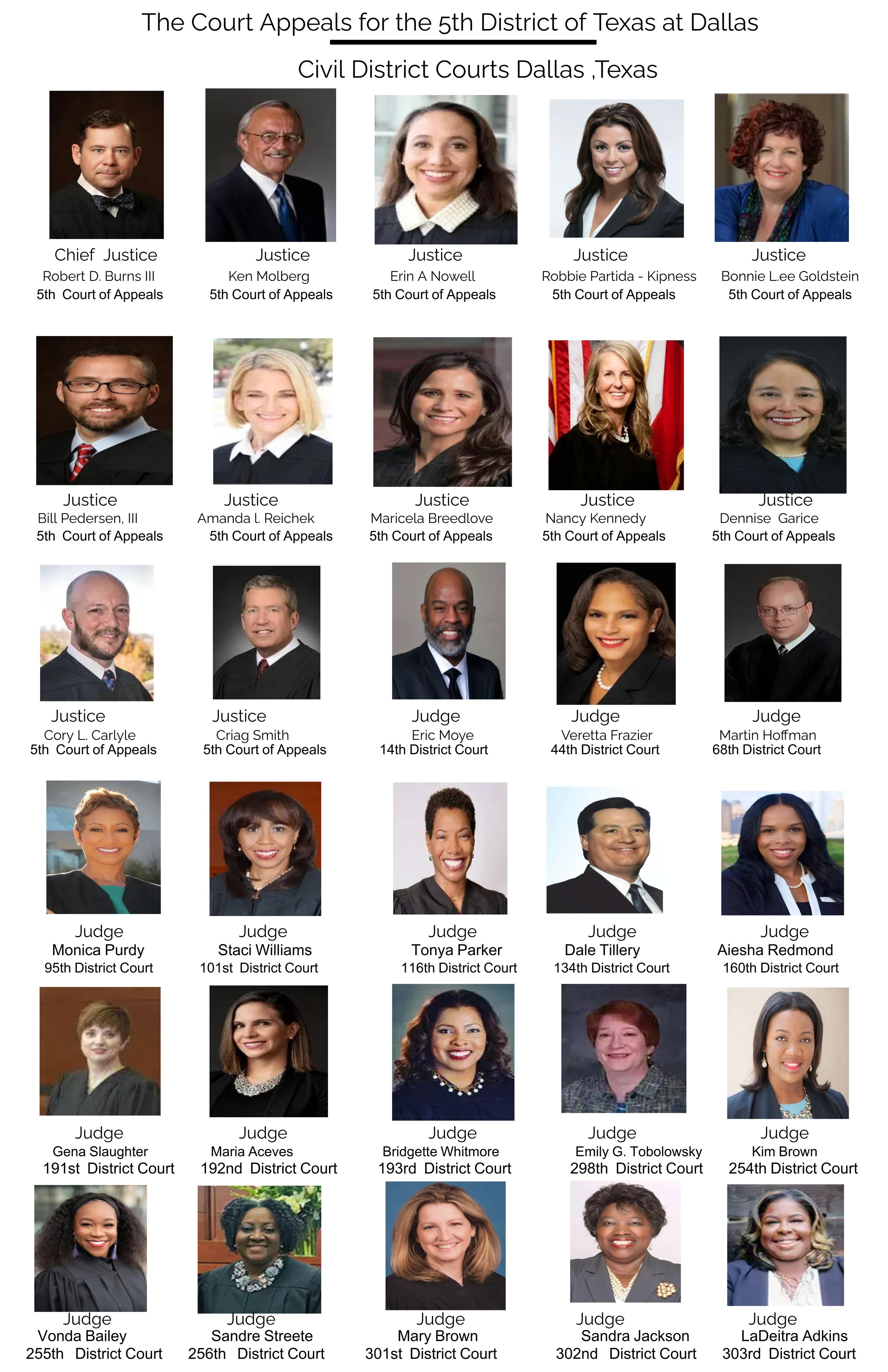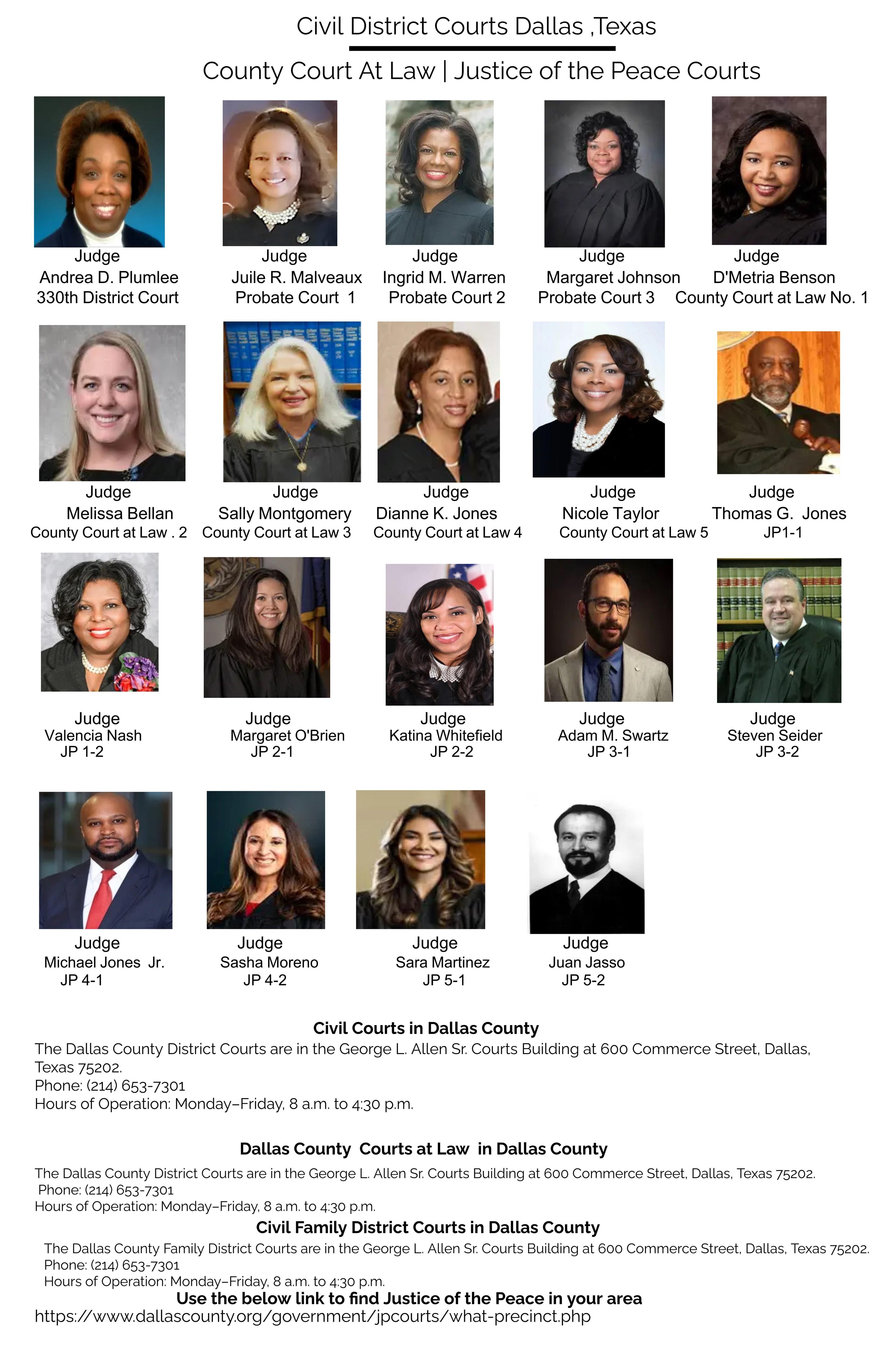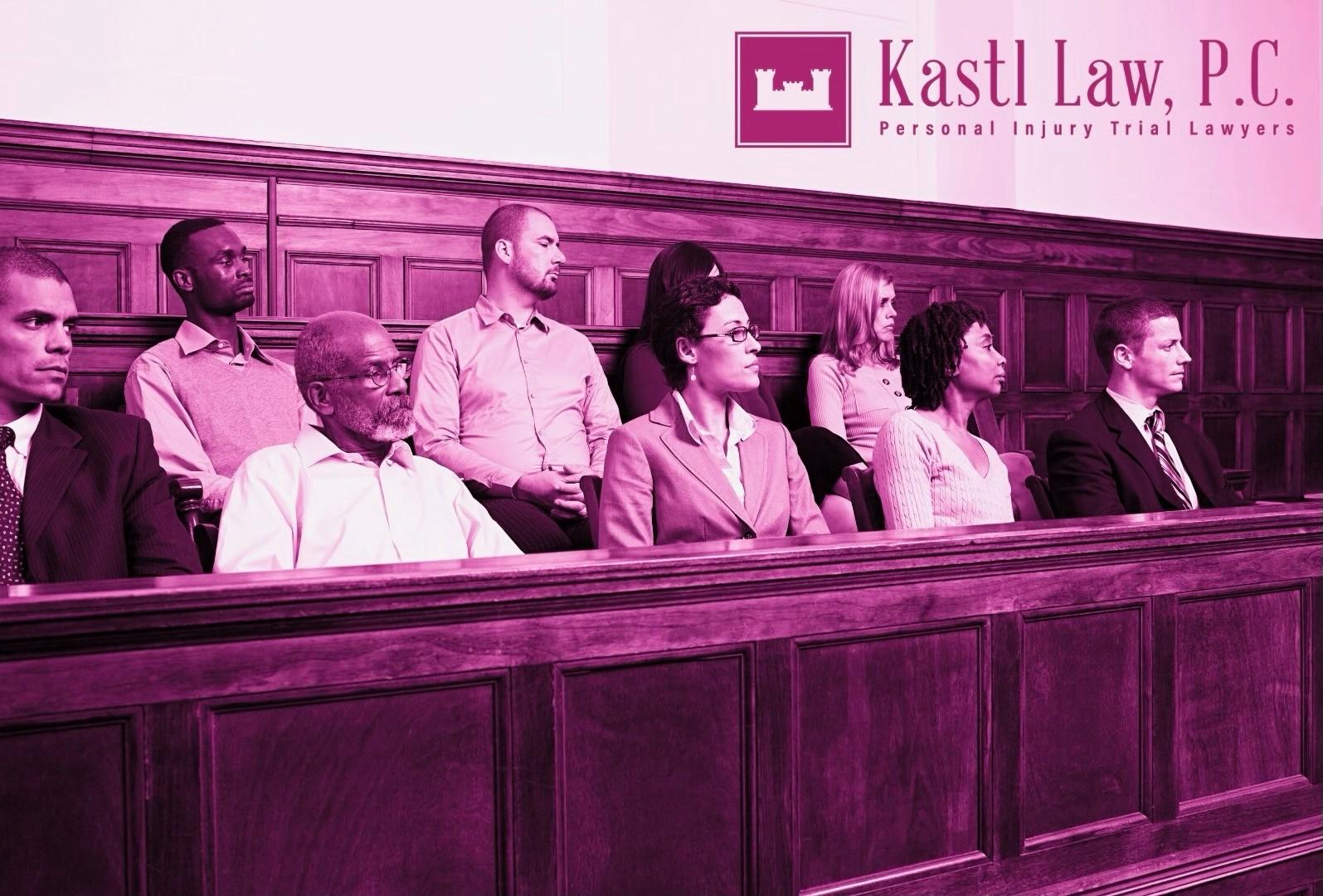The Texas Civil Lawyers Magazine, Salute to Judge Nicole Taylor:
A Champion of Family, Community,
Judge Nicole Taylor embodies the principles of fairness, accountability, and dedication to the community. Her journey to becoming a Dallas County Judge is one marked by tireless service, unwavering integrity, and a deep commitment to uplifting families and strengthening communities.
Long before taking the bench, Judge Taylor demonstrated her passion for public service by conducting seminars and workshops aimed at educating individuals on their rights and the intricacies of the legal system. She worked closely with non-profit organizations to support underserved populations, ensuring they had access to the resources and advocacy they needed to overcome challenges .
Judge Taylor’s belief in family and community extends beyond her professional work. As a long-standing member of Delta Sigma Theta Sorority, Inc., she has contributed to initiatives that promote public service, education, and economic development. Her commitment to community service is also reflected in her work with the 1060 Foundation, Inc., where she supports single mothers and their families battling breast cancer.
As a breast cancer survivor herself, Judge Taylor understands the struggles families face in times of hardship. Her personal experiences fuel her dedication to creating equitable access to justice and supporting individuals during their most challenging times.
In her role as a Dallas County Judge, she continues to uphold her values, ensuring that fairness and accountability guide every decision she makes. Judge Taylor’s innovative approach to leveraging technology in the courtroom has improved accessibility, making the legal system more efficient and equitable for all.
Judge Taylor’s life and career are a testament to the transformative power of service, leadership, and compassion. Her work has not only impacted the lives of countless individuals but has also set a standard for excellence in public service.
Salute to Judge Nicole Taylor, a true champion of family, community, and justice.
Publisher Al Green
Jeffrey M. Tillotson Founder, Partner Tillotson Johnson & Patton
"I have been privileged to try cases across the table from many talented trial lawyers, but if I had to single one out it would be Jeff Tillotson. We tried a complex and tough case and I was amazed at what a naturally gifted trial lawyer he was throughout the trial. His instinct before a jury and his quiet confidence - no arrogance or condescension that might offend jurors - were truly impressive. On top of this, he was a pleasure to work with and a consummate professional throughout a relatively intense trial. I have since used a couple of things I saw him do in subsequent trials with success. No matter how many trials or appeals we might have, we can always learn from our colleagues." - Law 360
Few trial lawyers in the country have as much complex litigation experience as Jeff Tillotson. Even fewer have as much trial experience in complex multi-party cases. Over the past decade, Jeff has acted as lead lawyer in over a dozen major multi-party cases, brought in courts in nine different states, for clients such as: the nation’s largest consumer finance company; its third largest bank; its second largest credit card issuer; and forty of the nation’s leading industrial concerns. These cases involved all possible aspects of complex litigation involving multiple parties, competing venues, extensive discovery, complex strategy and intense media scrutiny. The cases were profiled everywhere from the Wall Street Journal to Nightline to CBS Evening News and People magazine.
www.TillisonLaw.com
ATTORNEY, Kristina N. “Krisi”
is the founder of Kastl Law, P.C., a plaintiff's personal injury firm she started with the primary goal of making a difference in the lives of her clients. In particular, Kastl has been noted for her accomplishments in the courtroom, including over 75 trials that have gone to jury verdict, and has been a long-time advocate for other women in the legal profession. Kastl is the 10th female President of the DBA since its founding in 1873. Kastl previously served as the President of the Dallas Women Lawyers Association in 2011, the President of the Texas Women Lawyers from 2018-2019, and the Chair of the American Association for Justice Women Trial Lawyers Caucus from 2018-2019. She currently serves on the board of directors for the Dallas Trial Lawyers Association, the Texas Trial Lawyers Association, and the DBA. She continues to serve as an advisory board member for the Dallas Women Lawyers Association and the Texas Women Lawyers. Since graduating from the University of Texas - El Paso in 1995 and Texas Tech University School of Law in 1999, Kastl has been constantly active in Bar groups and associations, including but not limited to the Texas Trial Lawyers Association, Dallas Trial Lawyers Association, the Dallas Association of Young Lawyers, the Dallas Women Lawyers Association, as well the DBA, the Dallas Hispanic Bar Association, The J.L. Turner Legal Association, and The Dallas Asian American Bar Association
AREAS OF PRACTICE ● Car Accidents ● 18 Wheeler Truck Accidents ● Slip and Fall Liability ● Local Counsel Trial Work ● Brain Injury ● Catastrophic Injury ● Industrial Accidents ● Trial Attorney ● Mediations ● Guardian Ad Litem

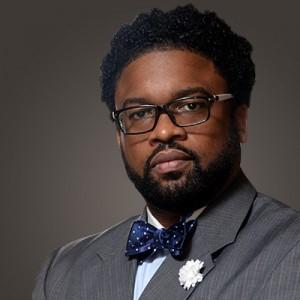
Larry Taylor, oversees our Mass Torts, Criminal, Employment and Civil Rights practice areas as well as leads our community involvement efforts. While Larry is active daily in Mass Tort litigation he continues to play a role in client communications, and those cases that involve everyday folks. He is an active coach in youth sports and sits on a number of diverse community stakeholder entities. Between growing up in Duval County Florida and Harris County Texas (3rd Ward, Acers Homes, Greenspoint) and raising his kids in rural Texas, Larry has gained an appreciation for those who struggle for a sense of fairness. From the client in urban America seeking to be heard, to the small town rural American wanting fairness, it all resonates with Larry's need and desire to fight for them. Having once needed a lawyer to represent him against a goliath of a corporation, he understands the complexities and care needed to make sure his clients are informed and made comfortable during the most vulnerable time of their lives.


Bryan Pope, handles cases where someone is hurt because someone else did something careless or unHe is an expert on injuries that cause Complex Regional Pain Syndrome. He also handles car, truck and motorcycle wrecks and injuries caused by some type of unsafe or defective condition on someone’s property. Bryan's dad is a southern preacher. Bryan watched him help people through tough times and wanted to find his own way to do the same.
He also loves history and politics. This gave him a strong belief that everyone should have the same right to justice. This includes having the right to trial by jury and giving a voice to those in need.
To Bryan, lawyers are counselors in every sense of the word. They defend the rights of their clients. They also counsel them through life changing events and grief. Bryan firmly believes that empathy is one of the most important characteristics of a compassionate trial lawyer.


Charmaine Voorhees Becken is a Share holder in the Dallas office of Godwin Bowman PC, focusing her practice on commercial and business litigation matters. She represents both plaintiffs and defendants in business and commercial disputes involving banking, employment, and other business litigation issues. Charmaine has also worked extensively in the areas of real estate, family law, and estate planning/probate in addition to having first and second chair trial experience representing individuals and businesses. She received her Juris Doctor degree from Texas A&M University School of Law in 2014. During law school, Charmaine served as a judicial extern for the Hon. Judge Martin Hoffman of the 68th District Court, participated in mock trial, and worked as a law clerk for litigation firms. She received a dual undergraduate degree in English and Philosophy with a minor in Business from Texas Christian University.


Stefanie Major McGregor is a Shareholder in the Dallas office of Godwin Bowman PC, focusing her practice on commercial litigation matters. She represents clients in both the prosecution and defense of a wide range of cases before state and federal courts around the country. Stefanie's practice covers a broad range of areas, with an emphasis on complex litigation, environmental and oil and gas litigation, major family law disputes (custody, property division, etc.), property disputes, and disputes involving trusts and estates. Notably, she was an important member of the Firm's trial team in the successful defense of Halliburton in connection with all civil litigation and investigations concerning BP's Macondo well blowout in the Gulf of Mexico, the largest environmental lawsuit in the history of the United States. Stefanie clerked for the Louisiana Supreme Court for one year and later became a Senior Research Attorney. Reflecting the excellence of her practice, Stefanie has been honored six times with selection to Thomson Reuters' Texas Rising Stars, which recognizes the top young attorneys in the State of Texas. She received a J.D. from Loyola University New Orleans School of Law in 2002 and a B.S. in Political Science from Texas A&M University in 1999.

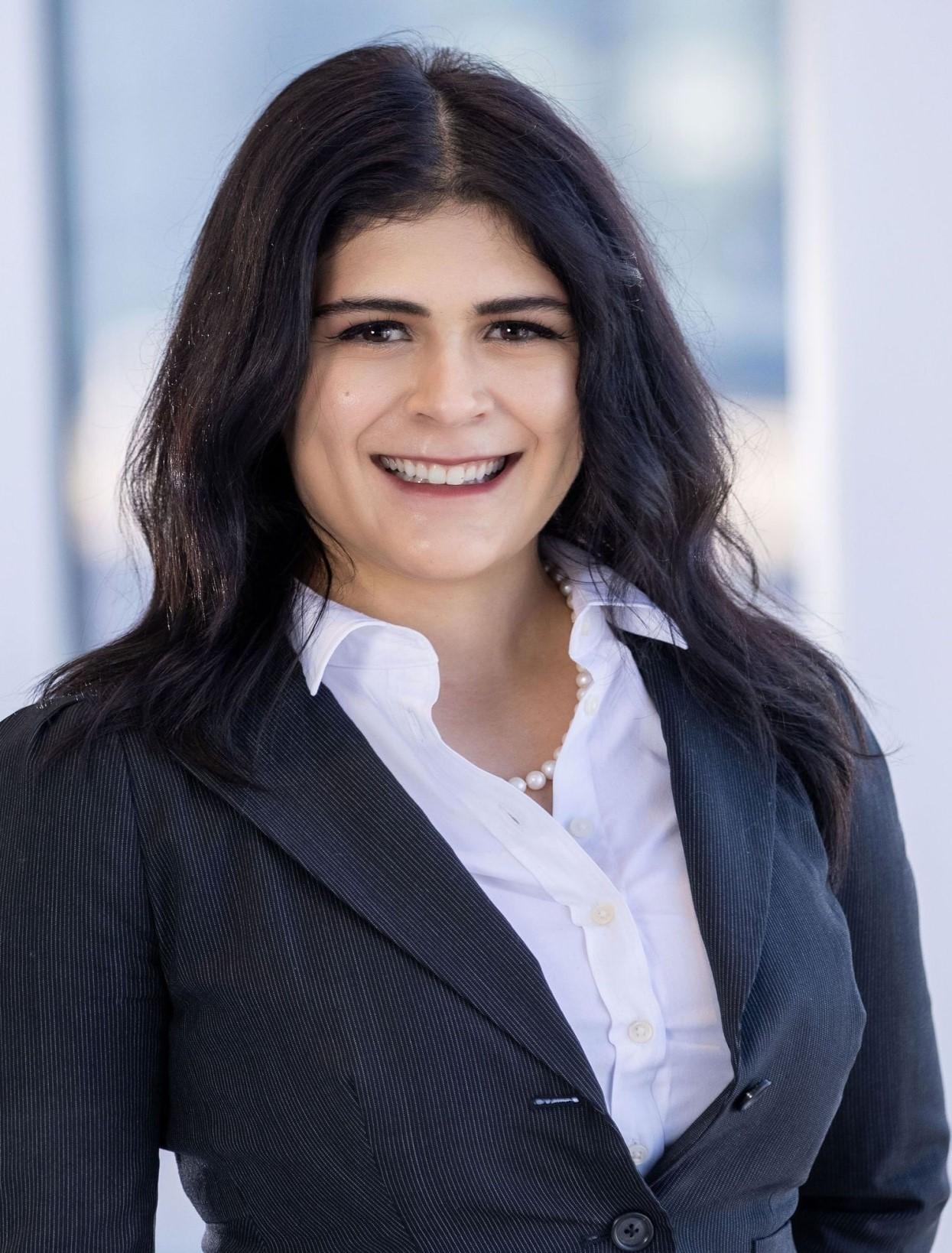
Alexandria Risinger is a trial attorney with diverse civil litigation experience. She has been recognized for her work with such honors as the Million Dollar Advocate and the Multimillion Dollar Advocate. Her verdicts have placed in Texas’ Top 100 Verdicts in 2016 and 2018. She is a Power Attorney (’17) and Rue Ratings’ National Outstanding Young Lawyer She is a member of the Dallas Association of Young Lawyers Trial Skills Committee, Dallas Trial Lawyers Association and Texas Trial Lawyers Association.
Paul Wingo is a fourth-generation Texan with more than a decade of personal injury experience. He is widely respected as a top negotiator and has successfully resolved hundreds of millions of dollars in claims for his clients. Paul sets himself apart from other attorneys by fostering close, personal relationships with victims who have been devastated by tragedy and acts as their voice to tell their stories in court through his renowned photography and videography skills.
Paul is the rapid-response leader of the firm. Paul helps families navigate through the difficult decisions in the days and weeks following catastrophic injuries or loss of life. After a claim is resolved, Paul goes above and beyond to help families navigate the often-alien world of significant recoveries, so they can focus on what is essential: healing and creating a new future out of the tragedies they have suffered.
Paul has been featured in and has written numerous articles and publications. He also routinely speaks across the state on a variety of topics, including negotiations, lawyer wellness, and legal philosophy.
Elizabeth “BB” Sanford
, Born and raised in Dallas graduated from Baylor University with a Bachelor of Arts in International Studies, a Masters in Divinity from Baylor University George W. Truett Theological Seminary, and a Juris Doctor from Baylor University School of Law. BB was the first person at Baylor to graduate with a joint Divinity and Law de-
Before attending law school BB served as a music and youth minister. Her heart has always been on the side of justice and individual civil rights. She is proud and feels called to represent workers who are wrongfully terminated.
BB has tried numerous jury trials and arbitrations to verdict. In her free time, she enjoys playing fetch with her dog, traveling, and cheering on the Baylor Bears.
Chad Ruback success can be attributed to the fact that he has limited his practice to handling appeals and trial court motions likely to be at issue on appeal. After receiving degrees from U.T. and S.M.U., Chad served as a briefing attorney to the Fort Worth Court of Appeals. Since the time that Chad completed his service as a briefing attorney at the Court of Appeals, he has been amassing experience representing both plaintiffs and defendants on appeal, regardless of whether they won or lost at trial. He has also dedicated himself to drafting trial court motions with an eye to winning at trial . . . and having those wins be upheld on appeal. Before opening his own appellate law firm in 2005, Chad practiced appellate law at a medium-sized law firm and at a large law firm.
Chad has written articles that have been published in the Dallas Bar Association Headnotes, the Dallas Business Journal, the Texas Lawyer, The Appellate Advocate (the journal of the State Bar of Texas Appellate Section), The Dicta, and The Texas Lawbook.
Ramez F. Shamieh is recognized as one of the premier trial lawyers in Texas and Louisiana. He specializes in catastrophic injury, 18 wheeler collisions, wrongful death cases, and breach of contract disputes. He has built a trial practice that consistently wins in the courtroom. For nearly a decade, Ramez Shamieh has tirelessly devoted his life to helping clients obtain the results they deserve. Ramez has helped hundreds of clients obtain millions in settlements and ver-
As a result of his work ethic, aggressiveness, and success in the courtroom, several organizations have recognized Ramez as a leader in the legal community. Mr. Shamieh has been invited to join two prestigious attorney networks: the Million Dollar Advocates Forum and the Multi-Million Dollar Advocates Forum.

JoDee Neil is a 2004 SMU Law Graduate who lives in Dallas with her two daughters, ages 7 and 6. JoDee is a former Crimes Against Children prosecutor, with international child protection experience, having worked with governments and NGO's in Southeast Asia while she lived abroad from 2011-2016. After returning to the States, JoDee shifted into private practice where she has been ever since. JoDee works for Jeffrey Simon at Simon Greenstone Panatier, managing several dozen public entity clients as well as the County of Dallas in the Opioid Litigation. JoDee is an expert in eDiscovery through her mass torts practice, and has been instrumental in securing groundbreaking settlements in the Opioid Litigation. JoDee is gearing up for the Pharmacy Case and working on significant Title IX and Title VII cases in the meantime.
If you've ever hired a lawyer, you may have been staggered by the costs involved. Why do lawyers cost so much?
Attorneys can easily demand thousands of dollars and charge $200 or $300 per hour to take your case. Some charge up to 40% off the top of any settlement or verdict you get. So if you are injured in an accident, your lawyer may get almost half of everythingyouareentitledto.
However, if you ask any lawyer, they may tell you that their costs are fair. In fact, many will lament that they are underpaid. Here's a look at some reasons lawyers charge what theydo:
Research and writing takes time.
If you only receive a one-page document or a brief response to a legal question, you may wonder what you just paid for. However, the seemingly simple response that you get may be the result of hours of work researching every aspect of your legal issue. Lawyers use their expertise to explore every avenue and weigh every risk involved in a decision. As a result, the end product you see may not reflect all the behind-the-scenes considerations the attorney made in coming to a conclusion. Also, if all you wanted was a simple answer to your legal question, you were likely spared the expense of a more detailed answer (which would have required more time and would cost evenmoremoney).
Access to legal research tools.
Mostlawyersaccesscases,opinions, andstatutesthroughtheuseofsome online legal research tool like Westlaw (which, like FindLaw, is owned by Thomson Reuters). These tools are much more expensive than you might imagine and lawyers set their rates in order to be able to cover these costs and more, and earn a living.
Staffing and overhead costs. Someone needs to pay the secretary, the receptionist, the paralegal, and the rent/utilities/other office expenses. Law firms only make money from the work attorneys do, so everyone else in the office, and the office itself, reliesonanattorneybillings. So how can you avoid these high hourly rates? You can try to take advantage of some lawyers' free consultations, but there's typically only so much you can discuss before your free time is up. Also, keep in mind that free consults are usually used by attorneys as a way to get clients in the door for the purpose of signing up new clients, so don't expect to walk away with a lawyerletter,ormuchmorethan information on what you can do next (which will usually involve hiring that lawyer, if they want yourcase).
If you're searching for a more affordable lawyer, often solo practitioners (lawyers thatpractice withoutlawyerpartners, and often with minimal staff) can offer the best, most competitive (lowest) hourly and contingency rates. This is due to the fact that solo attorneys tend to have the lowest overhead.
If you've already retained a lawyer, the best way to cut back on costs is to stay on top of things: Bring all necessary documents to your meetings and hearings, promptly reply to your lawyer's requests, and make a list of questions to ask all at once. Also, don't be afraid to ask your attorney what you can do to reduce the costs. Time is money, especially when it comes to lawyers, so make sureyou spend it wisely.
By Andrew Lu
Action Lawsuits Overview
TrialCourts
There are no jury trials in Texas’s trial courts beyond the district courts, so a case is argued only before a panel of judges. A case in any court above the district court is argued only before a panel of judges. In civil cases, the parties are entitled to a jury trial when it is demanded by either party to the case and the demanding party pays a jury fee.14 If no party does either, the case will be tried before a judge only.
In criminal cases, a defendant is also entitled to a jury trial.15 The prosecutor, acting on behalf of the state, cannot take away a jury trial if one is desired by a defendant. However, a defendant can waive his or her right to a jury trial, but in some cases this waiver must be approved by the prosecuting attorney.16
MunicipalCourtsMunicipal courts are city courts, often with judges appointed by mayors and city councils, which also determines their qualifications. They have exclusive jurisdiction over cases involving the violation of city ordinances, which are essentially laws passed by a city council or other governing body. Mostly, however, municipal courts handle parking and traffic tickets. Recent statistics indicate that over 5.5 million parking and traffic cases are heard in the municipal courts. In addition, these courts deal with over two million non-traffic misdemeanor cases per year. In each of these cases, the punishment is by fine only without the possibility of confinement.
CountyAdministeredCourtsThere are several types of county administered courts, including justice courts and county courts. County courts include constitutional, statutory courts, and statutory probate courts.
Justices of the Peace (JPs) are not required to be licensed attorneys, and a majority of them are, in fact, not lawyers. However, they are required to obtain eighty hours of continuing education during their first year in office and twenty hours annually thereafter. Justice courts, or JP courts, are county administered courts, and the number of these courts is determined by the number of people in each country. For example, Harris County has sixteen JP courts, two of which share jurisdiction in each of the county’s eight precincts. Every county has at least one JP court. JPs are the true jacks-of-all-trades in the Texas judicial system. They handle more serious offenses, like driving under the influence of alcohol, and other low-level criminal offenses, including disorderly conduct, criminal trespassing, and simple assault. They also handle civil cases (such as small claims cases) involving amounts up to $20,000, debt collection cases, commercial and residential evictions, and truancy. JP cases are appealed to the county court level. When this occurs, the appeal results in a trial denovo(a "new trial" by a different court). In criminal cases, cases beginning in justice court cannot be appealed beyond the county level court unless the fine is more than $100 or a constitutional matter is asserted.
Each of the 254 Texas counties is constitutionally required to have one constitutional county court. In the least populous counties, the constitutional county court judge fulfills the roles assumed by numerous judges in the most populous counties. For example, constitutional country courts have jurisdiction of:
• civil cases between $200 and 20,000;
• probate matters (involving wills and estates, guardianships and heirships, and matters
• involving a person who is suspected of being mentally ill and may pose a danger to him or herself, is incapable of taking care of him or herself, or may pose a danger to others);
• misdemeanors with fines greater than $500 or the possibilities of confinement;
• juvenile matters; and
• appeals denovofrom non-record courts (courts whose proceedings are not recorded and therefore unavailable as evidence of fact).
These judges also assume the responsibilities allotted to statutory county court judges and statutory probate judges. In the more populous counties, the Texas legislature has created, through laws of a general and permanent nature, additional statutory county courts. The legislature has allowed counties specific numbers of these courts, depending on the county’s population. Over 200 of these statutory county courts, also known as a county courts at law, have been created in more than eighty densely populated counties to assist with the responsibilities that only one court and judge could not possibly handle alone. In the most populous counties, there exist both civil and criminal courts-at-law. County criminal courts-at-law can handle cases involving up to a year in county jail, and where the fine would exceed $500. Civil courts-at-law handle disputes involving between $20,000 and $100,000, as well as civil appeals from justice of the peace courts.
Statutory probate courts have been created by the Texas legislature to account for the vast number of people who live in the ten most populated areas of the state. These courts have jurisdiction over their respective counties’ probate matters (relating to wills and estates), guardianship and heirship cases, and mental health determinations and commitments. As previously mentioned, in less populated counties, these matters are handled by the local constitutional or statutory county court judges.
DistrictCourtsDistrict courts represent the highest state courts where jury trials occur. District courts in rural Texas can be all-purpose courts hearing all types of criminal and civil cases. District courts in urban areas often specialize. For example, in Harris County, with its population of almost 4.8 million, has courts specifically assigned only to criminal cases, with others specifically assigned to civil, juvenile, and family cases. District judges are elected in partisan elections and serve fouryear terms.
These courts also have exclusive jurisdiction over disputed land title cases, contested elections (e.g., when one candidate requests a post-election recount because the difference between number of votes received by the person bringing the lawsuit and number of votes received by the person elected is less than ten percent of the number of votes received by the person elected),17 and about seventy-four percent of the juvenile cases brought in the state. Divorces must also be resolved in district courts. As a result, district courts address a large volume of family law disputes which come before the courts for resolution The issues not only include dissolution of marriages, but also the division of community property and debts, orders concerning possession and support of children, modification, enforcement of prior orders affecting children, and family violence and protective orders.18
Appellate Courts
Appellate courts include courts of appeals and the Texas Criminal and Texas Supreme Court.
These courts have jurisdiction to consider civil and criminal cases that are appealed from the lower district or county courts.19
CourtsofAppealsTexas has fourteen courts of appeal located in thirteen geographic regions of the state. Each of these courts serves a specific set of counties. The judges who serve on these courts are called justices. The number of justices ranges from three to thirteen, one of whom is the Chief Justice, who serves as the administrative head of the court. Almost every county is located in a single court of appeals district. Justices are elected for six-year terms with an unbalanced staggering of terms in partisan elections. The terms are staggered so that approximately onethird of the positions on each court are considered by the voters who live in the region governed by that particular court of appeals for reelection every two years. Vacancies between elections are filled by the governor, who appoints a person to fill the vacancy with the advice and consent of the state Senate.
The caseload for courts of appeal in Texas is staggering. While the district courts from which a court of appeals’ appellate cases are referred may be highly specialized, the courts of appeals are not. In recent years, the fourteen courts of appeals have heard over 10,000 cases annually. For the sake of efficiency, nearly all cases are heard by multi-judge (usually three) panels, which are chosen immediately after an appeal is filed. This process allows the court to triple the number of cases it can consider at any one time. All fourteen courts have intermediate appellate jurisdiction over every type of criminal and civil case, with one exception. When the death penalty is giving to an accused in a district court, that case proceeds to the Texas Court of Criminal Appeals rather than a court of appeals.
Recall that there are no jury trials in Texas’s trial courts beyond the district courts, so a case is argued only before a panel of judges. The appeals heard in these courts are based upon the “record” (a written transcription of the testimony given, exhibits introduced, and the documents filed in the trial court) and the written and oral arguments of the appellate lawyers. .
The courts of appeals do not receive testimony or hear witnesses in considering the cases on appeal, but they may hear oral argument by the attorneys on the issues under consideration. The courts of appeals both review the decisions of lower court judges and juries and evaluate the constitutionality of the statute or ordinance upon which the conviction was based. The outcome of an appeal is dependent upon whether an error occurred at the trial and, if so, whether that error resulted in an improper result. Decisions of the courts of appeals are usually final, but a small percentage of those decisions are reviewed by the two highest state courts.
Texas is one of only two states to utilize a bifurcated (split into two) appellate court system, meaning that the top-tier structure of the court system is divided into two courts whose exclusive jurisdiction focuses on appeals for criminal and civil cases. These two courts are not only responsible for reviewing the decisions made by lower courts judges and juries but also for interpreting and applying the state constitution. Therefore, the power of constitutional interpretation gives these courts the name of courtsoflastresortand provides them with vital judicial and political importance to the state. In addition, the courts publicly announce rules of appellate procedure and rules of evidence for civil and criminal cases and administer public funds are appropriated by the legislature for the education of judges, prosecuting attorneys, criminal defense attorneys who regularly represent indigent defendants, clerks and other personnel of the state’s appellate, district, county level, justice, and municipal courts.
TexasCourtofCriminalAppeals
The Texas Court of Criminal Appeals is the highest court in the state that reviews criminal cases only, including automatic appeals on behalf of those convicted of felonies who receive the death penalty. The Chief Justice and remaining eight justices are chosen by partisan, statewide elections for staggered, six year terms. Vacancies between elections are also filled by the governor, who appoints a person to fill the vacancy with the advice and consent of the state Senate.
When a party loses at a lower court (usually when relief at a court of appeals is denied), he or she must file a petition for discretionary review to the Court of Criminal Appeals within thirty days. If the Court of Criminal Appeals grants a petition, it will schedule the case for oral argument and thereafter render its decision in the case. All nine members of the court are present for oral arguments.
SupremeCourtofTexasThe Supreme Court has statewide, final appellate jurisdiction in most civil and juvenile cases (Figure 9.5). The composition, structure, number of justices, method of election, term of office, and qualifications are identical to that of the Court of Criminal Justice and its members. Much of the Supreme Court’s time is spent determining which petitions for review will be granted, as it must consider all petitions for review that are filed. The Supreme Court exercises substantial control over its caseload in deciding which petitions will be granted. The Supreme Court usually takes only those cases that present the most significant Texas legal issues in need of clarification. However, the number of cases added to the Supreme Court’s docket has consistency increased.
10 STEPS TO TAKE \AFTER A CAR ACCIDENT IN TEXAS
You’re on your way home from work when all of a sudden you hear a loud thump as something hits the side of your car. Your head spins for a while as you process exactly what just happened.
What do you do next? Do you drive away, afraid that you got distracted for a second and you were at fault? Do you get out of your car and start yelling at the other driver? It’s never easy to deal with an unexpected car accident. You’ll likely experience a range of emotions including confusion, stress, and anger.
After a car accident in Texas, it is important to remain calm in order to deal with the ordeal. If you become impulsive and act before you think, you may just end up finding yourself in deep water.
1. Stop and check the condition of the other party.
Your normal fight or flight response may prompt you to either stop and deal with the situation or simply flee and drive away from it all. However, it’s critical that you stay and check that the other parties involved do not have any major injuries. Find out if immediate medical assistance is needed. Turning a blind eye and choosing to ignore an accident that resulted in severe injuries or deaths may be considered a hit-and-run offense. Possible criminal penalties include fines, license disqualification, and imprisonment.
2. Inform the police as soon as possible.
Contacting the police is typically not necessary when a minor accident results in only mild scratches or dents. However, if you’re dealing with a major accident that involves considerable physical injuries, property damage, or deaths, it’s imperative that you inform the police before anything else.
Remember: If you fail to let the police know about the details of your road accident, it’s possible that you won’t be able to claim the compensation you deserve. Ensure that you keep a list of the cops, including their badge numbers, who get to the scene of the accident. Moreover, ask for a comprehensive police report later.
3. Keep your cool and avoid arguments. Many people inevitably become agitated and argumentative after a sudden car accident, particularly if they firmly believe that they’re not at fault. Still, it’s important to keep your calm throughout the ordeal. Don’t fight fire with fire. If the other drivers and/or passengers start yelling at you, avoid saying harsh words back at them.
Tense arguments will only worsen the situation and may even lead to physical attacks and further trouble. Thus, try to remain polite, rational, and level-headed. Exchange necessary information with the other party, and promote a respectful manner of communication.
4. Provide important details.
Certain information must be shared and exchanged with the other party involved in a vehicle accident. This includes the names, home addresses, phone numbers, email addresses, and basic insurance information of you and the other driver/s. Also, don’t forget to ask for license numbers and license plate numbers. The passengers must also share their names, addresses, and contact details. If there are clear witnesses, it helps to ask for their names and phone numbers to support your claim evaluation later on.
Remember to share accurate details. Providing incorrect, vague, or misleading information can be considered an offense. Let the other party know if you’re not the car owner. After writing down all necessary information, try to take pictures of the accident site to also help with the claim evaluation process
5. Do not accept or admit fault.
No matter how adamantly the other party insists that you were at fault, never state that you accept the blame. The other party may use your statements to their advantage during the claim evaluation and police investigation. It’s tough to determine the culprit of an accident right away.
It’s important to have the accident site properly investigated and all parties involved thoroughly interviewed. This process may take a while, so avoid admitting you’re at fault in the heat of the moment. Unsurprisingly, in many cases, both parties share the blame. Seek the guidance of a reputable attorney who specializes in your specific situation.
6. Stay away from advanced payment offers. Keep in mind that filing a claim is the right course of action to take to acquire proper compensation when you get involved in a car accident. Avoid accepting any payment ahead of time from the other party. Similarly, never make an offer to the other party.
Be careful when exchanging details. You may want to consult your lawyer first if the other party asks for more information than necessary or attempts to entice you with an early settlement. Your trusted attorney will likely advise you to wait until you receive proper treatment for any physical injuries and/or debilitating mental or emotional trauma.
7. Ensure your insurance provider is wellinformed.
You might think that a car accident can drastically affect your insurance premium. Nevertheless, it’s critical to inform your insurance provider if you don’t want to end up not getting adequate compensation. You’ll be surprised to know that your insurer will still find out about the accident sooner or later because if you don’t report it the other party will. Maintain cooperation and honesty when recounting the accident. Provide all important details, documents, bills, and photos requested by your insurer to experience a smoother and faster claim evaluation process.
8. Monitor your medical treatment.
Did you suffer any physical injuries that required hospital treatment? If so, it’s essential that you compile all relevant information, including the names of doctors, medical reports, bills, and receipts. Besides physical injuries, your mental and emotional wellbeing also matter. Put everything in a daily journal, especially if you missed work or failed to perform typical activities for a number of days or weeks due to physical injuries or mental/emotional suffering.
9. Talk to your insurer about car repairs. If your car needs repair, discuss your options with your insurance provider first. They may tell you that you’re allowed to have your car fixed only at approved automotive shops. If you go to a non-approved shop, your insurer may refuse coverage of the repairs.
10. Ensure correct property damage valuation.
Your insurer will likely send a representative to conduct a damage valuation. Make sure proper assessment has been done. If you believe your vehicle has been valued inaccurately, you may acquire repair estimates from two different auto shops to have a better comparison. Let the claims adjuster know of any incorrect damage valuation to address the problem.
HOW LONG CAN I EXPECT MY CAR ACCIDENT CLAIM TO TAKE?
Ways the Auto Accident Claim Process Can Be Affected
Pretty much everyone who has been in a bad car accident that was not their fault has found themselves wondering shortly after the crash how long it is going to be until they get paid for all of their damages. No one wants to wait around for what feels like forever to get paid for the mistakes of someone else, after all. But when it comes to predicting how long a car accident claim will take to resolve, there is no definitive answer. There are many factors that can slow down or speed up the claim or lawsuit process, and each of these factors will be unique to your specific case.
Typical Car Accident Claim Process
The average car accident claim process will look like the following:
• Assess damages and liability: Before you can sue someone for compensation, you need to know how much compensation they owe you and whether or not they are even the correct party to sue. The first step in a claim is figuring out your damages and the liability of the other parties involved. A car accident attorney can be instrumental in making this first step much, much easier for you.
• File a claim: When your damages have been calculated and liability has been pinpointed, you will have to file a claim against the right party. Again, to make certain there are no holes in your claim that could be problematic later, it is advised you work with a lawyer.
• Respond to inquiries: The opposing insurance company is going to come back with some questions about your claim, assuming they do not outright deny it.
• Settlement negotiations: If your auto accident claim is like most, then it will end in a settlement after some negotiations. Settlements can wrap up in one session or several. There is also the chance that no settlement agreement will be reached, which takes your claim to the next step.
Litigation: If the insurer does not want to settle your claim for a fair amount, then you will have to consider litigation with your attorney to get the compensation you deserve. Lawsuits involve many more steps, such as filing an initial petition, waiting for an answer, undergoing evidence discovery, and conducting a trial.
How Long the Average Car Accident Claim Can Take
Although there is no way to promise how long a car accident claim will take to conclude, it is possible to give a rough estimate. If a car accident claim is uncontested and a settlement seems highly likely, then it might take about 6 months for the claimant to receive compensation. If backand-forth settlement negotiations are necessary, then it could take 9 months or more. If litigation becomes necessary, though, then the timeline can extend quite a bit, taking anywhere between 12 to 36 months to end.
Three Factors That Slow Down a Car Accident Claim
Ideally, your car accident claim will take as little time as possible to conclude because you deserve to start living a little more comfortably again. As mentioned, six months would be considered a pretty quick conclusion to a car accident claim. There are many factors that can slow down any of the steps, though.
Three of the most common reasons why car accident claims take longer are:
Severe injuries: A catastrophic injury is difficult to fully assess until weeks or months have passed. Before that point, it will be unclear just how much the injury has affected you, your career, and your day-to-day life. If you have suffered a severe injury in a crash, then your attorney might advise you to wait longer than usual to file a claim so the extent of your injury can be better understood. Waiting for your doctor to determine you have reached your maximum medical improvement (MMI) before filing is often advised.
• Insurance company interference: Insurance companies like to advertise that they are incredibly friendly and caring, but they don’t say that they generally show a friendly face to their policyholders only. As someone filing against another insurance company, you shouldn’t expect red-carpet treatments. Commonly, insurers will use as much time as they are allotted to send responses, inquiries, etc. The hope is to get you, the claimant, to get impatient and either give up or accept a lowball settlement amount.
Courtroom procedures: Insurance companies, claimants, and attorneys all tend to want to avoid the courtroom simply because it takes time –potentially lots of time. Just getting a court date to start a lawsuit or arrange a hearing can take weeks or months if the court is busy with other cases. The more times your case needs to go to court to advance, the longer things will take.
Is There a Way to Speed Up a Car Accident Claim?
You might not be able to “speed up” a car accident claim, exactly, but you can help prevent it from slowing down due to mistakes and complications. Hire a local car accident attorney to help you with your claim from the beginning and let them act on your behalf. Using their experience and insight, they can help keep things moving and address concerns as they arise, which likely would have caught you by surprise and added to otherwise avoidable delays.
WHAT HAPPENS IF BOTH DRIVERS ARE AT FAULT?
Texas Modified Comparative Negligence Rules for Car Accidents
Often, it is really easy to pin the blame on one driver after a car accident and expect them to be fully liable for the damages. In truth, though, many car accidents are caused by both drivers making different mistakes that contributed to the crash. What happens then?
In Texas, liability for auto accidents is examined using a modified comparative negligence rule. This system allows liability to be assigned to each driver based on the mistakes they made and how that affected the chances of the accident occurring and the severity of everyone’s injuries. For example, if there was a fivecar crash and every driver was equally negligent, i.e., liable, then each driver would have 20% liability assigned to them.
However, the “modified” part of Texas’s modified comparative negligence rule means that a driver can lose the opportunity to file a claim against another party if they are found to be mostly liable for the accident. Any driver who is at least 51% liable for a car accident cannot recover damages from the other parties involved. Under this system, it is imperative that claimants can argue down their liability as much as possible, which is usually handled best by a car accident attorney.
Modified
Comparative Negligence
in a Two-Car Accident
Imagine that you were in a car accident with just one other driver in Texas. You admit that you were reading and distracted by a billboard on the side of the road when the crash happened. But criminal evidence shows that the other driver was drunk and speeding at the time.
The liability in this situation may be split 80-20 in your favor, meaning the drunk driver is determined to be 80% at fault for the crash. Any apportionment is determined by a jury with this liability assignment, the other driver cannot demand damages from you or your insurance company at all. But you can still hold them accountable for 80% of your damages, which is your damages minus the amount for which you are liable (20%). This scenario shows the benefit of a modified comparative negligence system because it disallows counterlawsuits that would only slow down your claim and possibly cost you money as you attempt to defend yourself.
Consider Buying PIP Insurance
Even the best drivers can make serious mistakes sometimes and cause an accident. If this happens to you, then you could be in serious financial trouble if you’re found to be at least 51% liable for the crash. To safeguard your finances against such a situation, it is advised that you talk to your auto insurance provider about adding personal injury protection (PIP) insurance to your policy. PIP insurance pays for certain damages without considering liability, which means you can get much-needed coverage even if Texas’s modified comparative negligence rules prevent you from suing the other driver.
Damages that can be covered with PIP insurance include:
• Medical bills
• Lost income
• Aftercare requirements
• And more PIP insurance also does not preclude you from filing a claim against another driver if you are able. You can use your PIP coverage to get benefits right away while still suing another driver, assuming your liability remains below the 51% threshold.
In a Multicar Crash? Call Scott Law Firm
Our car accident attorneys from Scott Law Firm have seen pretty much every imaginable car accident claim since we first opened our doors in Conroe, Texas. If you were in a multicar collision and don’t know who to file a claim against because you might be partially liable, then we can help you sort everything out. Leave the details of your case up to us while you focus on recovering.
The Elements of a Slip & Fall Case
Business owners, commercial establishments, and even local residents have an obligation to properly maintain their properties for the safety of the general public. Slip and fall cases frequently involve unsafe property conditions where an injury could have been prevented.
There are four basic elements to any slip, trip, and fall case:
• Did the property owner owe the victim a reasonable duty of care?
• Did the property owner breach his or her duty of care?
• Did the breach of the duty of care result in an injury?
Did the incident cause physical injury to the victim?
Holding Property Owners Accountable
Slip and fall cases seek to hold negligent property owners accountable. Property owners have a duty to warn the general public about known hazards. Additionally, this is why we frequently see yellow signs near puddles in grocery stores and warnings around dangerous construction sites. Property owners have a duty to keep public areas safe and warn the public about known hazards. However, after an accident, a slip and fall attorney can help you figure out who was responsible and determine your options.
There are several common causes for slip and fall accidents, such as:
• Dangerous steps and stairs
• Falling ceilings
• Poor lighting
• Precariously placed merchandise
• Tripping hazards
• Cracked sidewalks
• Poorly placed floor mats or doormats
• Icy and slick sidewalks
• Missing or poorly maintained handrails
Puddles in grocery stores
Damages Available to Slip & Fall Victims
Victims of slip and fall accidents are eligible to receive compensation for a wide range of economic and noneconomic damages, including:
• Medical bills and related care
• Lost wages
• Pain and suffering
• Permanent disability
• In-home assistance
Wrongful death (if the fall led to the death of a loved one)
Texas Slip & Fall Statute of Limitations
If you were injured in a slip and fall accident, it is important to know you have a limited amount of time to take legal action against the responsible party. In most cases, slip and fall lawsuits in Texas are subject to a two-year statute of limitations, meaning you have until the second anniversary of your injury to file a personal injury lawsuit in civil court. If you do not take action within this time, you will essentially lose your right to sue and will be unable to recover compensation for your injuries.
From a strategy standpoint, you want to give yourself as much time as possible to file a slip and fall lawsuit, even if you are confident your case will be resolved in the form of an out-of-court settlement. While a lawsuit is not always necessary, getting an attorney involved early on can help keep your options open and give your more leverage during settlement negotiations.
Slip & Fall Frequently Asked Questions (FAQs)
Being hurt in a slip and fall accident can turn your life upside down in a heartbeat and will undoubtedly come with several questions. Our attorneys have put together some answers to some of the most frequently asked questions about pursuing a slip and fall claim in Texas.
Will I have to appear in court for my slip and fall claim?
It is possible you will have to appear in court, but this is unlikely. Most slip and fall cases end in the form of a settlement negotiated between the plaintiff's attorney and the responsible party's insurance company. Many slip and fall cases settle out of court as property owners understand it is typically less expensive and time-consuming to settle out of court than to go through a lengthy trial process. With that being said, a trial may sometimes be necessary in situations when the insurance company fails to offer a fair settlement or if there is a considerable dispute about who is liable for the plaintiff's injuries.
While a settlement is oftentimes preferable, our attorneys prepare every slip and fall case as if it were going to court to give our clients the best possible leverage during the settlement negotiation process.
How can I afford a slip and fall lawyer?
Nobody should be prevented from having access to quality legal representation due to financial hardship. Our lawyers at Scott Law Firm accept slip and fall cases on a contingency fee basis, meaning we cover all upfront costs of your case and will only require payment for our services if we are successful in securing a verdict or settlement on your behalf. If we are not successful, you won't owe us anything.
